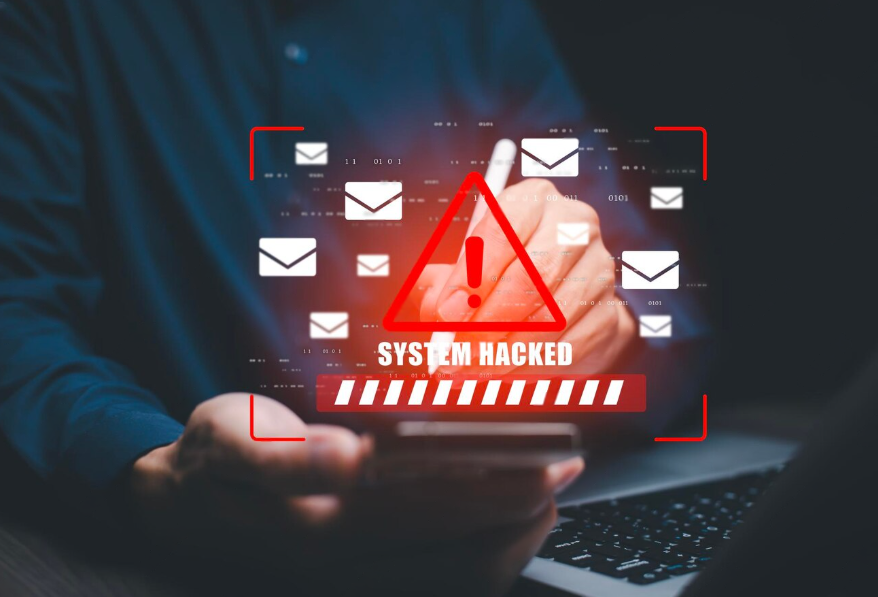
As digital technology continues to revolutionise our lives, Australians face a growing threat: online and financial scams. From fake investment schemes to phishing emails, cybercriminals are evolving, using more sophisticated methods to target everyday Australians. According to the Australian Competition and Consumer Commission (ACCC), phishing scams accounted for $13.7 million in financial losses in early 2025—up from $4.6 million during the same period in 2024.
While government agencies and financial institutions play a key role in mitigating these threats, personal accountability is emerging as a crucial line of defence. But what exactly does that mean, and how can individuals take action to protect themselves?
The Growing Threat of Scams in Australia
With the increasing integration of AI technologies and deepfake tools, scams have become more convincing than ever. Article from Avante Partners highlight the rising influence of AI-powered fraud, with criminals impersonating trusted individuals or institutions to manipulate victims. (Avante Partners)
This alarming trend points to the need for Australians to not only rely on security software or government warnings but also take ownership of their digital literacy and vigilance.
What is Personal Accountability in Scam Prevention?
Personal accountability refers to taking proactive steps to secure your finances, identity, and personal information. It involves:
- Being cautious with unsolicited messages.
- Double-checking the legitimacy of investment opportunities.
- Learning to recognise red flags such as urgency, unfamiliar URLs, or requests for sensitive data.
- Educating oneself and staying informed about the latest scam tactics.
This concept goes beyond common sense; it’s about building sustainable habits of digital awareness.
The Role of Education and Awareness
Educational platforms and financial literacy blogs are vital for empowering individuals. At Quickle, Australians can explore a collection of useful articles and resources designed to support their financial journey. From budgeting tips to scam prevention strategies, these informative reads help every Australian household take control of their financial well being.
Whether it’s learning how to spot a phishing scam or understanding digital banking security, education is key to staying one step ahead of scammers.
Practical Tips to Stay Scam-Safe
Here are some straightforward steps individuals can take today:
- Never click on suspicious links or attachments in texts, emails, or social media messages.
- Verify contacts independently before providing any personal or financial information.
- Enable multi-factor authentication (MFA) on all banking and email accounts.
- Monitor your bank statements regularly for any suspicious transactions.
- Use reputable antivirus and anti-malware software.
- Report suspicious activities to Scamwatch or your local authorities.
Remember, prevention starts with knowledge. Stay curious and stay cautious.
The Responsibility of Australians
With scam tactics becoming increasingly deceptive, Australians must understand that responsibility doesn’t lie solely with authorities or banks. We, as individuals, have a duty to safeguard our information and remain alert.
That’s where platforms like Quickle come into play. By offering a wide range of practical tools, tips, and articles for navigating the financial landscape, Quickle empowers users to make informed decisions. Explore more at Quickle.
Technology Can Help—But It’s Not a Silver Bullet
While financial institutions are investing in stronger security protocols and fraud detection tools, they can’t catch every scam. AI tools can be used by scammers to clone voices, fake videos, and produce convincing messages. This is why human judgment and caution are irreplaceable.
Empowering Australians Through Accountability
Scam prevention in Australia requires a united front, government regulations, advanced tech tools, and vigilant citizens. By embracing personal accountability and staying informed, Australians can significantly reduce their risk of falling victim to scams.
_____________________________________________________________________________________________________________________________________________________________________
